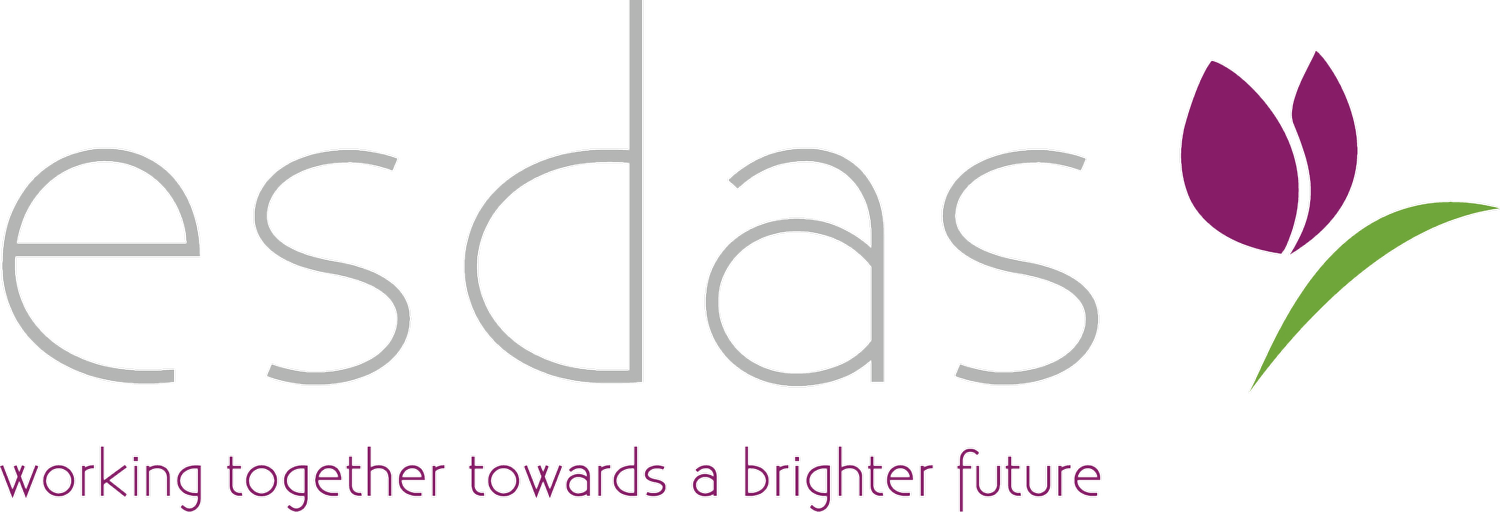What is domestic abuse?
Domestic abuse is a pattern of incidents of controlling, coercive or threatening behaviour, it is the misuse of power and control by one person over another. It is never acceptable and we are here to help.
Recognising domestic abuse
Abuse can take many forms but often includes
controlling behaviour
coercive behaviour
psychological
physical
sexual
financial
emotional
See below for more information about coercive control, emotional and physical abuse and financial abuse.
Coercive and controlling behaviour
Controlling behaviour is at the centre of all domestic abuse whether it is physical or emotional. Controlling behaviour is where a current or ex-partner or family member controls your life to make you dependant, or subordinate to them. They do this by isolating you from your support network including your family, friends, money and work. This prevents you from having what you need to be resist and escape.
Coercive behaviour is where violence, intimidation, threats and humiliation is used to harm, punish and frighten. This includes so called ‘honour’ based abuse such as forced marriage and female genital mutation and is not limited to one gender or ethnic group.
Emotional Abuse
Emotional abuse can include -
pressure tactics to get what they want
Sulking
Constant criticism such as being told that you are useless, ugly or worthless
Threats to kill or harm you, your children or your pets
Threats to commit suicide
Threats to take the children away or report you to Children’s Services
Embarrassing you in public
Intimidation and bullying
Being locked in or kept in isolation away from family and friends
Not being allowed money, food, sleep or freedom
Stalking and harassing you especially after separation
Financial Abuse
Financial abuse can include:
Forcing you into debt such as credit cards or loans
Withholding or forcing you to beg for money
Not allowing you to earn your own money or have access to joint accounts
Making you account for any money spent
Constant monitoring or questioning of your finance
Physical Abuse
Slapping
Punching
Pinching
Beating
Kicking
Assault with a weapon
Strangulation
Suffocation
Destroying your possessions
How we can help?
We are here to listen and support you. We are a safe place to talk through your experiences, your needs and your options. We know that no situation is the same and everyone is at different stage in their journey, so where ever you are, we can provide emotional support and
if you are not ready to leave we can give practical advice around safety at home.
If you are starting to think about how you can leave we are here to help you plan leaving safely.
If you have left we can support your recovery.
We offer a large range of services, if there is something specific that may help you please ask but here are some of the services we offer:
Advice and support by phone or email
Accompanying you to appointments such as court proceedings
A property security assessment and additional security measures
Finding refuge spaces, for you and your children
Counselling
Emotional and practical support from our trained volunteers
Mother and Child Groups
1-2-1 support for children
Recovery Support Groups such as Freedom Programme and Recovery Toolkit
Awareness raising and training within business, education and the community
If we can’t help with something we will be able to put you in touch with a caring agency or organisation that will be able to help.
Resources:
The Survivors Handbook - Womens Aid
Duleth Power and Control Wheel
You Tube Video: Walking on Eggshells Warning some people may find the content upsetting.






